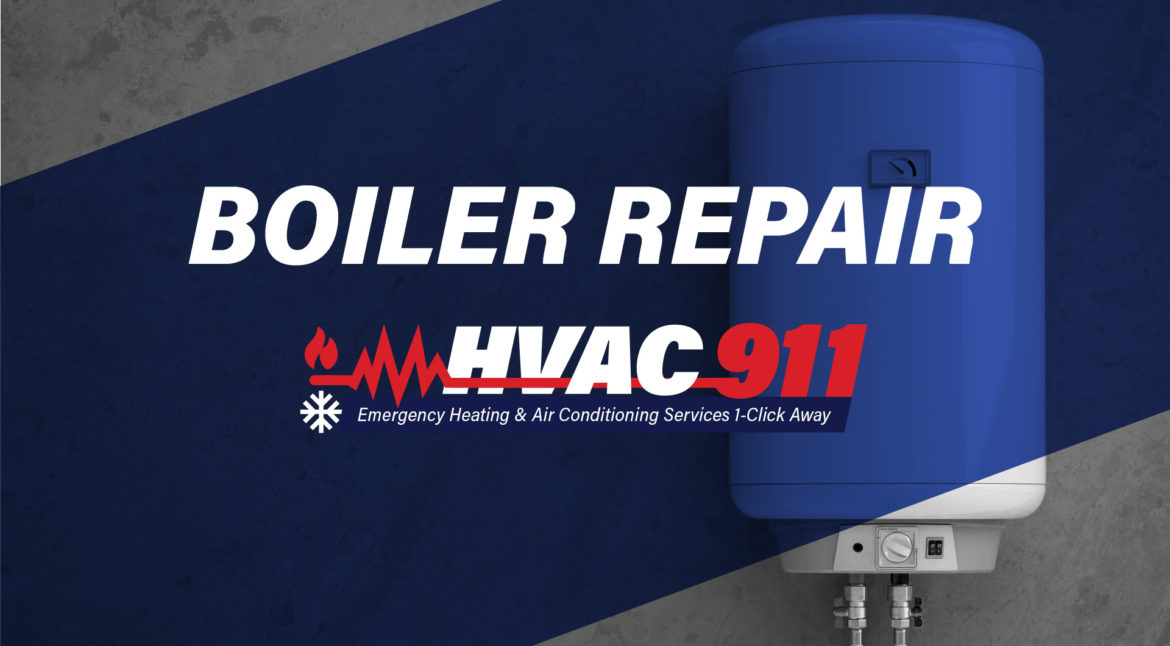Thanksgiving may be just around the corner, which means the brutal cold of winter is coming.
Now is the perfect time to prepare your boiler for cold weather. You don’t want your boiler to go down when you need it the most. Proactive care is critical to ensure it performs at peak efficiency, keeping your home cozy without needlessly wasting energy.
Here is what you need to do to prepare your boiler for winter.
If you need help, call HVAC 911. You’ll be connected with a local HVAC specialist who can care for all your boiler maintenance needs.
Have your boiler serviced by a professional HVAC technician
Boilers should be serviced at least once a year by a licensed HVAC tech, ideally before winter starts. The fall is a perfect time. The HVAC specialist will check and clean all components. They can check the boiler for potential problems and fix them to prevent a breakdown.
Call HVAC 911 for an annual inspection. You’ll be connected with a local licensed HVAC specialist who can inspect and clean your boiler to ensure it is in top condition.
Turn your boiler on before winter starts
Even if temperatures are mild and you don’t want to waste the heat, give your boiler a test run before the cold comes. You don’t need to leave it on long – 15 minutes will suffice.
A test run is a great way to identify any problems with your boiler’s pressure system. Boilers depend on a balanced flow of air and water pressure. But the boiler’s pressure system can drop after not being used during the summer. It won’t heat water efficiently and might not heat the water at all.
An HVAC tech like the contractors at HVAC 911 can adjust your boiler’s pressure, so it’s in top condition.
Bleed the radiators
If your radiators are colder at the bottom than at the top, the air is trapped in the system and needs to be released. If it stays in the system, the strain can damage your boiler and waste energy and money. You’ll need to bleed the radiator to ensure the heat is evenly distributed.
To bleed the radiator, switch the heat off. Place a key into the bleed valve and turn it counterclockwise until you hear air hissing. When water drips out of the bleed valve, close it and mop up any spilled water.
Install a carbon monoxide detector
If you have a gas boiler, you’ll need a carbon monoxide detector placed near the boiler.
As your boiler heats up, it will leak poisonous fumes, including carbon monoxide, which is odorless and deadly to inhale. By law, all gas boilers have to have proper ventilation in place. But it’s still a good idea to install a carbon monoxide detector as a backup in case ventilation fails.
If you already have a carbon monoxide detector, check to make sure it’s in top working order. Replace the batteries and test it.
If you need to install a carbon monoxide detector, call HVAC 911. You will be connected to a licensed local contractor who can install carbon monoxide detectors in your home.
Need help? Call HVAC 911
If you need help with a boiler inspection, checking the pressure, bleeding your radiators or installing a carbon monoxide detector, call HVAC 911. You’ll be connected to a licensed professional who specializes in boiler repair.
